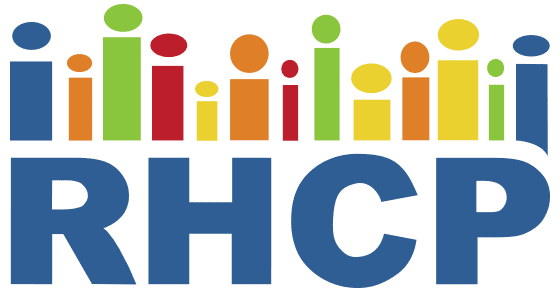Perceived impact of human subjects protection training on community partners in community based participatory research
Background: Human subject protection training (HSPT) is a requirement of Institutional Review Boards for individuals who engage in research. The lack of HSPT among community partners may contribute to power imbalance between community and academic members of community-based participatory research (CBPR) partnerships. The Rochester Healthy Community Partnership (RHCP) is an established CBPR partnership in Minnesota who works primarily with immigrant and refugee populations.
Objective: To describe the implementation and evaluation of HSPT among community members of a CBPR partnership.
Methods: Seven community partners participated in HSPT through adaptation of an existing institutional program. Evaluation of program acceptability was measured through a 5-item survey (5-point Likert scales). A focus group with all 7 participants was conducted to evaluate impact of training on perceptions of research, characteristics of a successful program, and potential value of training to CBPR partnerships. Coding and inductive analysis were done on the transcript with NVIVO-9 software.
Results: The HSPT program was highly acceptable (mean score= 4.5 ± 0.2). Focus groups revealed that training implementation should be done as a cohesive group with the opportunity to discuss concepts as they pertain to partnership projects. Training fostered an encouraging and safe environment, accommodated diverse learning styles, and promoted interaction. Participants reported improved trust in research as a result of the training. Perceived impact of the training on the CBPR partnership included improved transparency and enhanced camaraderie while establishing essential knowledge required for community leaders.
Conclusions: HSPT is feasible among community members of a CBPR partnership, and may improve perceptions of research while strengthening capacity of partnerships to impact community health.

